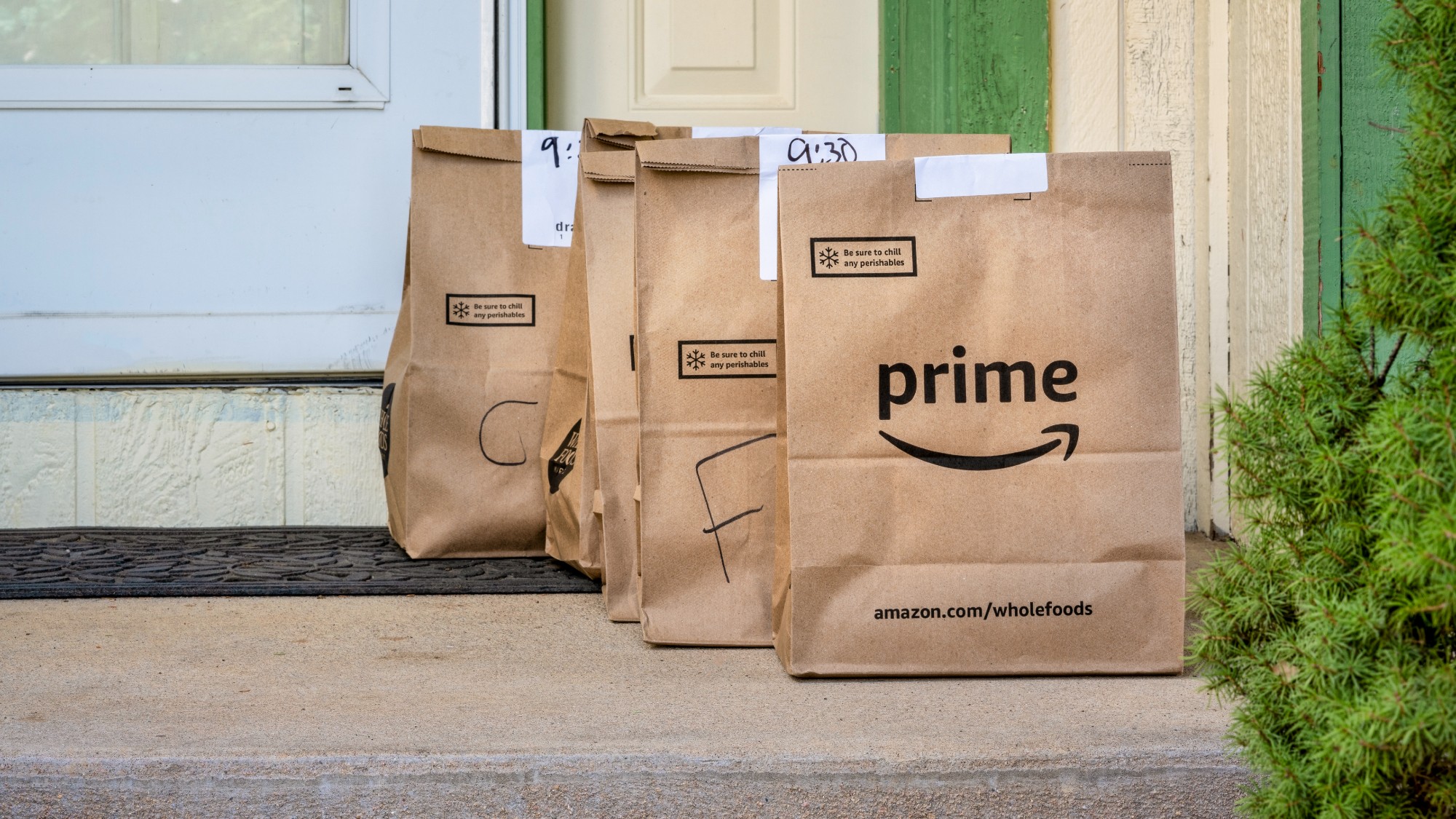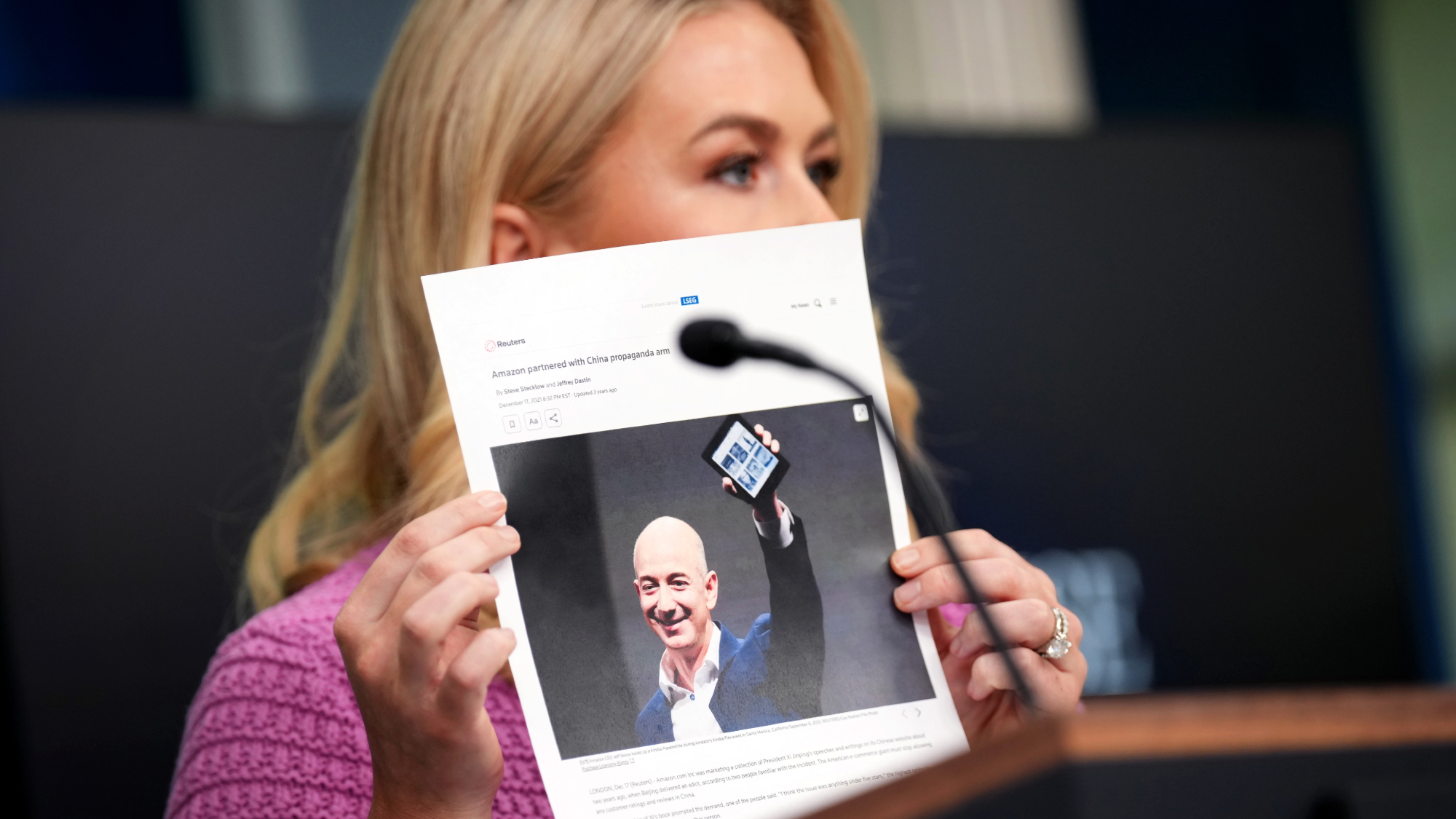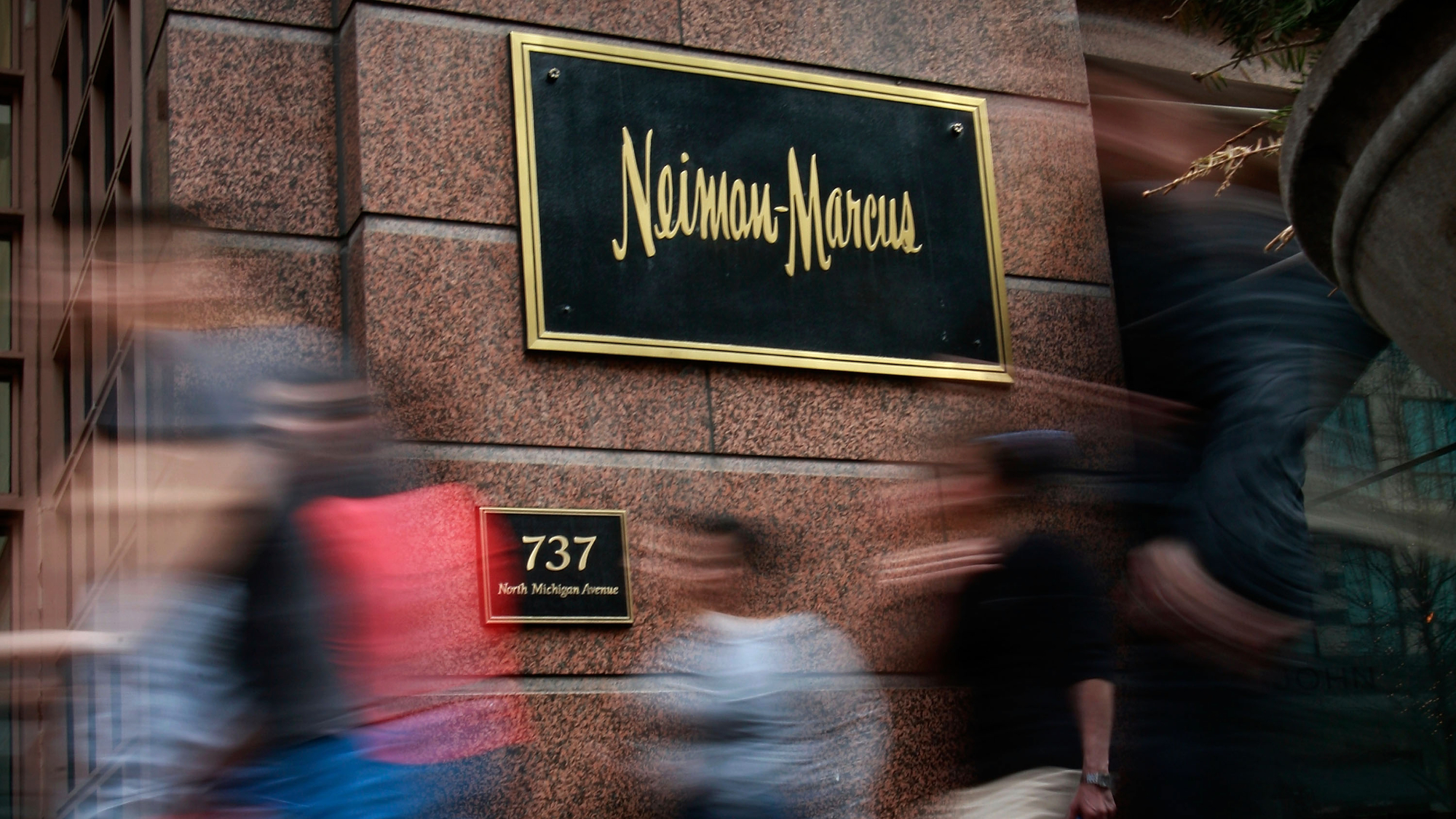How US-China trade war is benefiting British tech companies
UK receives a record £5.5bn in foreign investment during the first half of 2019

A free daily email with the biggest news stories of the day – and the best features from TheWeek.com
You are now subscribed
Your newsletter sign-up was successful
Investors in North America and Asia are increasing their financial support for the British technology industry as the US and China continue to clash on trade.
A study for the Government’s Department of Digital, Culture, Media and Sport found that UK tech companies received a “record £5.5bn in foreign investment” over the past seven months, overtaking the US for the “amount of investment per capita”, The Guardian reports.
The figure marks a 50% rise in investment over the same period last year and is expected to grow to $11bn (£9bn) by the end of the year, “easily eclipsing” the 2018 total of $8.7bn (£7.2bn), The Times claims.
The Week
Escape your echo chamber. Get the facts behind the news, plus analysis from multiple perspectives.

Sign up for The Week's Free Newsletters
From our morning news briefing to a weekly Good News Newsletter, get the best of The Week delivered directly to your inbox.
From our morning news briefing to a weekly Good News Newsletter, get the best of The Week delivered directly to your inbox.
The research suggests that Britain is retaining its position as “the most attractive country in Europe for overseas tech investors”, the paper says.
What’s behind the investor influx?
It’s believed that ongoing trade tensions between the US and China are a key driver behind the surge in investment in the UK.
According to The Daily Telegraph, more than half of the foreign investment recorded over the past seven months came from American and Asian investors. In fact, the UK tech industry attracted more US and Asian investment in the first half of the year than it did during the whole of 2018.
A free daily email with the biggest news stories of the day – and the best features from TheWeek.com
Investors in the US and China currently face “tougher restrictions over doing deals in each other’s country”, the paper explains. In 2018, the US introduced greater scrutiny over foreign investment coming into the country, which was seen as a bid to “curb Chinese investment”.
The tensions have led to Chinese investors abandoning deals in the US worth over $2.5bn (£2.1bn), while Americans are said to have “held off” from buying into projects in China, The Telegraph notes.
Therefore, the recent jump in investment coming to the UK could arguably be the result of North American and Asian investors turning their attention away from the US and Chinese markets as a result of the trade war.
The weakness of the pound may be making the sector “a more attractive destination” for foreign investors, too, says Sky News.
Which companies have benefited the most?
Among the major investment deals were a £472m cash injection into food delivery app Deliveroo from Amazon and other foreign firms, while Ovo Energy gained £180m worth of investment from Mitsubishi Corporation, the Daily Mail says.
Other companies benefiting from foreign money were World Remit, an online money transfer service that secured £143m in funding, and digital-only bank Monzo received £118m from overseas investors, the news site says.
Will a no-deal Brexit have an impact?
If Britain were to leave the EU without a deal, the tech industry is unlikely to be as affected as other sectors, The Times argues. This is because other industries, such as the motor trade, “rely on complex supply chains of physical goods that could be disrupted by tariffs and border checks”.
Proposed changes to immigration policy, which could introduce a set minimum salary for skilled overseas workers, are also unlikely to have an impact as most salaries in the tech industry are “comparatively high”, the newspaper adds.
What is vital to Britain’s digital economy, though, is the transfer of data, the paper continues.
The Government’s Operation Yellowhammer dossier claims that a no-deal divorce could “disrupt the flow of personal data from the EU, where an alternative legal base for transfer is not in place” and that it may take “years” to restore such arrangements.
For now, though, the US-China trade war seems to outweigh no-deal Brexit fears, at least for foreign investors.
-
 Local elections 2026: where are they and who is expected to win?
Local elections 2026: where are they and who is expected to win?The Explainer Labour is braced for heavy losses and U-turn on postponing some council elections hasn’t helped the party’s prospects
-
 6 of the world’s most accessible destinations
6 of the world’s most accessible destinationsThe Week Recommends Experience all of Berlin, Singapore and Sydney
-
 How the FCC’s ‘equal time’ rule works
How the FCC’s ‘equal time’ rule worksIn the Spotlight The law is at the heart of the Colbert-CBS conflict
-
 Is the job market frozen or faltering?
Is the job market frozen or faltering?Today's Big Question Layoffs raise alarms while young workers eye law school
-
 Is Amazon about to take over the grocery business?
Is Amazon about to take over the grocery business?Today's Big Question Expanded delivery will present a challenge to Walmart and Kroger
-
 Trump calls Amazon's Bezos over tariff display
Trump calls Amazon's Bezos over tariff displaySpeed Read The president was not happy with reports that Amazon would list the added cost from tariffs alongside product prices
-
 What's Jeff Bezos' net worth?
What's Jeff Bezos' net worth?In Depth The Amazon tycoon and third richest person in the world made his fortune pioneering online retail
-
 Amazon's 'James Bond' deal could mean a new future for 007
Amazon's 'James Bond' deal could mean a new future for 007In the Spotlight The franchise was previously owned by the Broccoli family
-
 Britain's new retail returns nightmare
Britain's new retail returns nightmareIn the Spotlight Gen Z influencers and a 'poopy diaper' have shown up fault-lines in the system
-
 Saks buys Neiman Marcus in $2.65B deal
Saks buys Neiman Marcus in $2.65B dealSpeed Read Following the merger of the two legacy retailers, the new entity will be called Saks Global
-
 Retail media is seeing a surge this year
Retail media is seeing a surge this yearThe Explainer Amazon now makes more money from advertising than Coca-Cola's global revenue